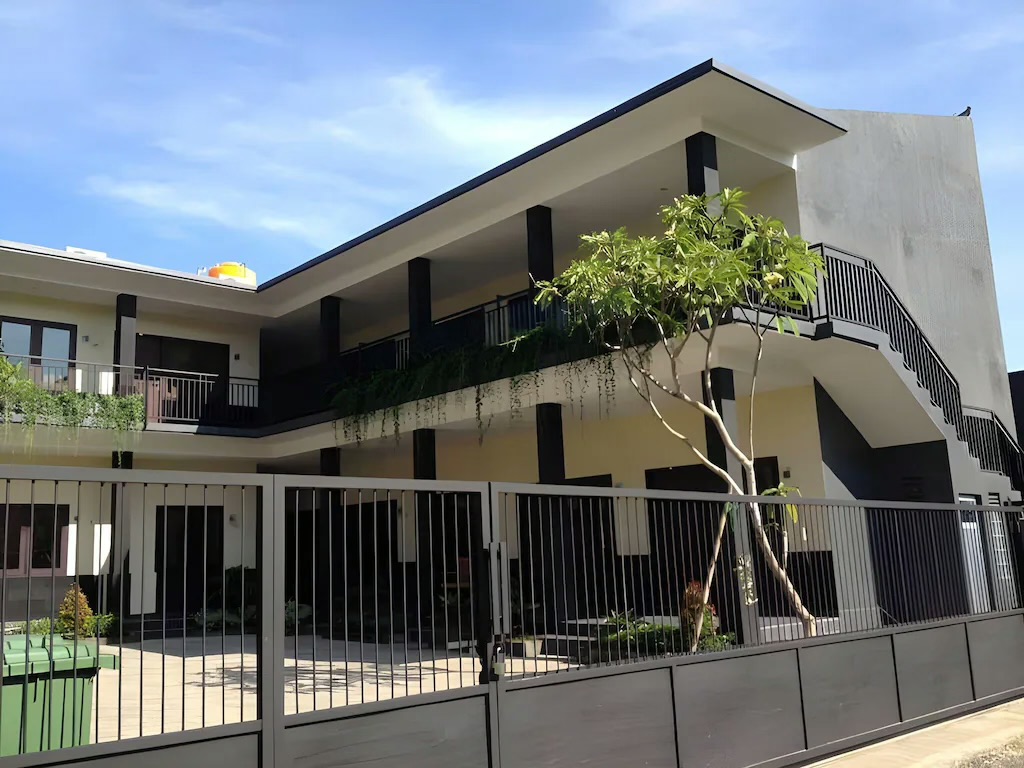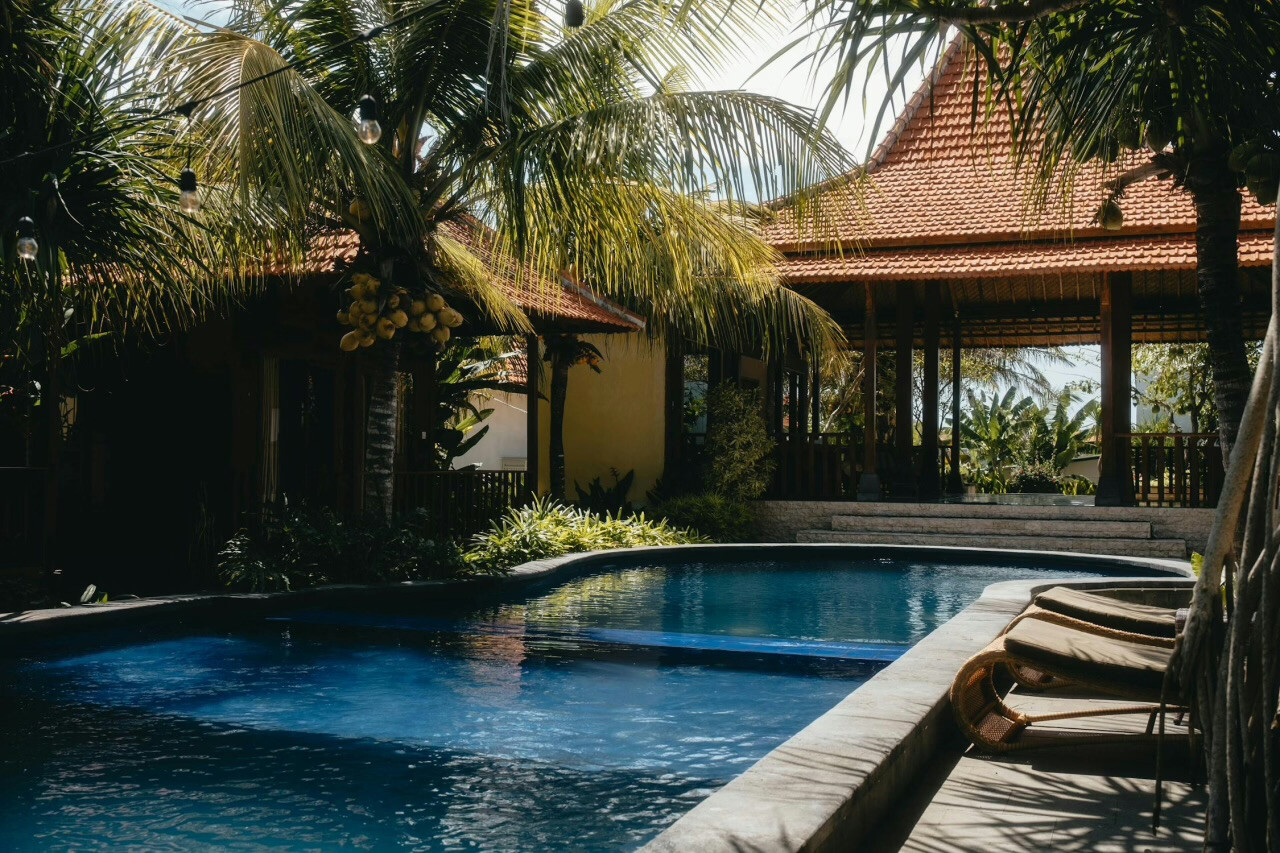In the Karangasem District, a new trend is gaining momentum: more and more foreigners prefer to settle not in villas and hotels, but in 'kos'—modest boarding houses where rooms are rented monthly.

Kos is a type of housing typical for Indonesia: small rooms, sometimes with shared facilities, that cost significantly less than renting a villa or apartment. Previously, these were mainly rented by students and workers, but now you can increasingly find foreigners who have decided to stay in Bali for an extended period.
The main reason is affordability. While renting a villa in tourist areas can reach tens of millions of rupiah per month, a room in a kos is much cheaper. This allows backpackers to live on the island for months or even years. An additional advantage is the flexible terms: you can extend the rent on the spot, without complicated contracts and large deposits.
However, the growing popularity of kos has raised questions from local authorities. Not all foreigners officially register their residence, and some, according to local residents, may overstay their visas, remaining in the country unofficially. As a result, the authorities lack accurate data on who lives where, which causes community concern.
Kos are in a 'grey zone' of rental and do not have a tourist license. They are private housing, not hotels or official tourist facilities. Kos owners are generally not required to register residents with immigration control, whereas hotels, guest houses, and villas operate under a license and report guest data to police and immigration through the Online Hotel Registration system.
Karangasem Regent I Gusti Putu Parwata emphasized that the situation is under control: 'We will conduct data collection to clearly understand where and on what grounds foreigners are residing. It is necessary to prevent any violations that may affect the local community.' To achieve this, the authorities will involve village and city administrations to record the residence of foreigners and verify the data with immigration services.
According to the regent, the important thing is not where the foreigners live—in kos, villas, or hotels—but that they adhere to the residence rules and have valid visas.
After the pandemic, Bali has become particularly attractive for digital nomads and those looking for affordable accommodations for long-term stays. Karangasem, with its peaceful atmosphere, black sand beaches, and lack of tourist hustle, has become an ideal choice for those wishing to live 'like a local.'
The authorities emphasize that they do not intend to restrict the freedom of choosing housing, but remind everyone that registration and a valid visa are mandatory for those planning to stay on the island for an extended period.


You can add one right now!